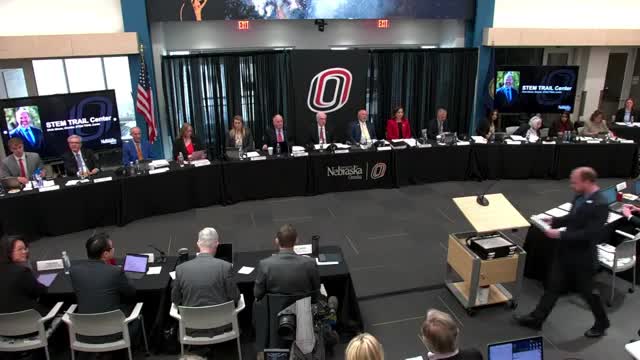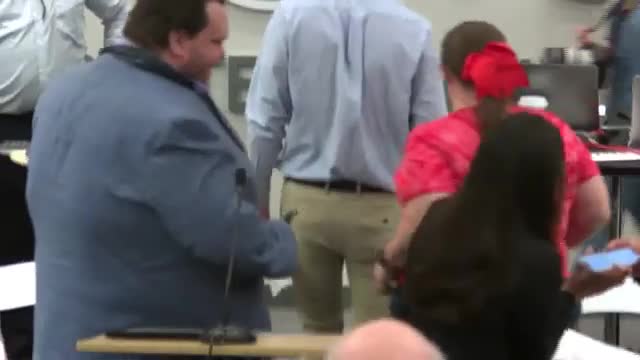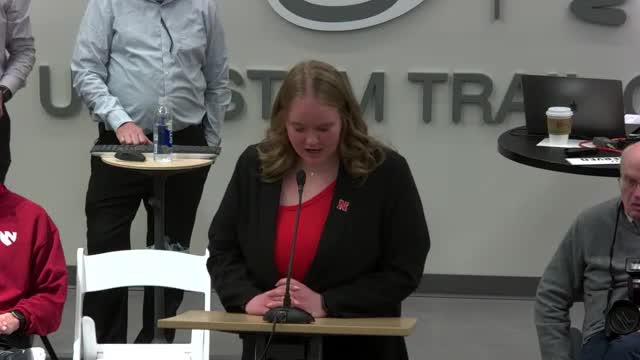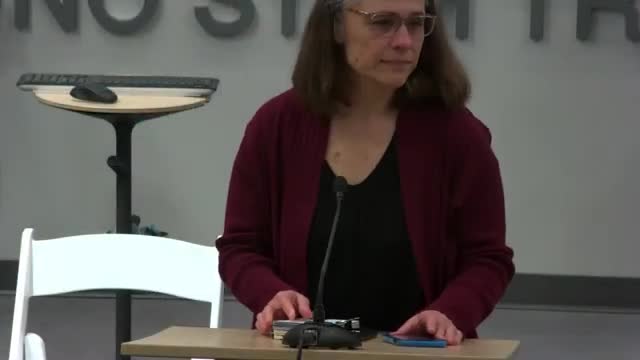Article not found
This article is no longer available. But don't worry—we've gathered other articles that discuss the same topic.

UNO leaders tell regents they’re pivoting to a skill‑based economy with microcredentials and paid internships

Regents approve new programs, design changes and construction actions across University of Nebraska campuses

Regents approve $2.19 billion Project Health IDR and contracting agreement to expand clinical and research capacity

